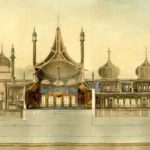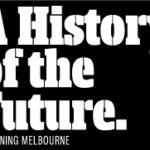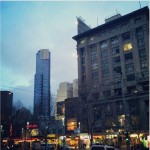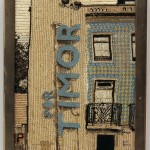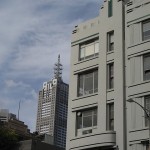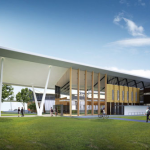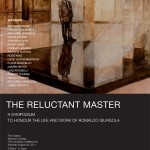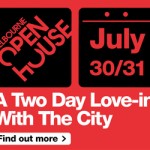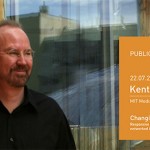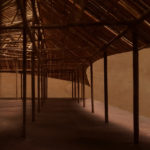
A public forum with Bijoy Jain, Sean Godsell and Robert Grace. Moderated by Professor Philip Goad, Melbourne School of Design. On the eve of the launch of MPavilion 2016, hear three distinguished architects discuss the contemporary pavilion and its significance for audiences today. The speakers at this public forum have all experimented with the idea of the pavilion: Bijoy Jain of Studio Mumbai is the designer of the 2016 MPavilion; Sean Godsell of Sean Godsell Architects designed the 2014 MPavilion; and Robert Grace, of Robert Grace Architecture, designed the Garden Room at Woodchester House in 2011. This public conversation on the meaning of the Pavilion will be moderated by Professor Philip Goad, of the Melbourne Design School. Monday 3 October 2016, 6:15pm-7:15pm. Venue: Basement Theatre (B117), Melbourne School of Design, University of Melbourne, Parkville. Free event but booking essential via…

